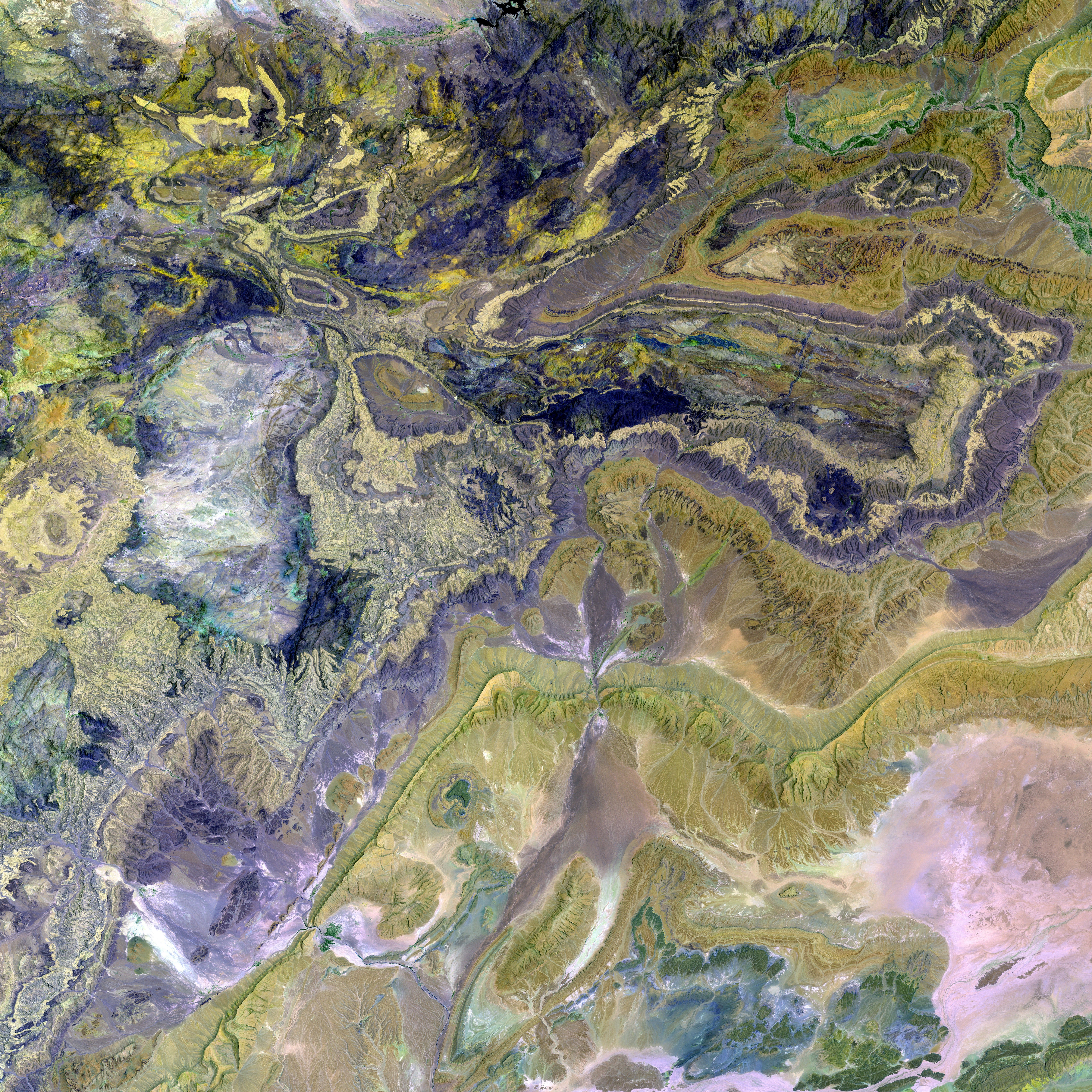Somalian authorities face opposition for restricting travel from Taiwanese citizens.
Somalia's Slam on Taiwanese Travelers
Written by Sam Garcia, with CNA
In a surprising move, Somalia introduced a ban yesterday on Taiwanese passport holders entering or transiting through the country. The Ministy of Foreign Affairs has accused Somalia of misinterpreting a UN resolution under China's influence, creating a false impression that Taiwan is subordinate to China.
TheSomali Civil Aviation Authority informed airlines last week that from today onwards, passengers with passports or travel documents issued from Taiwan or its affiliated institutions would be barred from entering or transiting Somalia.
This decision coincides with Taiwan boosting ties withSomaliland, a region that broke away from Somalia in 1991 and lacks international recognition for its independence. Taiwan and Somaliland set up representative offices in each other's capitals in 2020.
The ministry expressed concern over the restriction of Taiwanese people's freedom and safety of travel, strongly refuting and condemning Somalia's misinterpretation of UN Resolution 2758. A number of countries, including the US, claim that the resolution makes no mention of Taiwan's status, and China has deliberately misinterpreted it.
The ministry is collaborating with the government of Somaliland and Taiwan's representative office there to press like-minded countries and international organizations to urge Somalia to reverse this action. Travelers are advised to avoid Somalia and Somaliland for their safety until the policy is reversed.
Somaliland has had four presidential elections since it declared independence in 1991, showing that it has a stable government and shares values of democracy and liberty with Taiwan, the ministry stated. Somalia's government, the ministry added, is preventing people of democratic countries from interacting by controlling Somaliland's airspace.
Enrichment Data:
Overall:
Somalia's Ban: Background and Motivation
Under the "One China" principle, Somalia prohibited Taiwanese passport holders from entering or transiting due to its adherence to UN Resolution 2758. Somalia misrepresents the resolution by linking it with the "one China principle," conflating Taiwan's status, and portraying Taiwan as subordinate to China.
Engagement with Somaliland: Cause for Concern
The ban's timing coincides with Taiwan's increasing engagement with Somaliland, a region seeking international recognition for its independence. Somalia views Somaliland as part of its territory and regards Taiwan's diplomatic efforts towards Somaliland as a threat to its sovereignty.
Taiwanese Response
Taiwan's Ministry of Foreign Affairs (MOFA) has disputed Somalia's interpretation of the UN resolution, expressing outrage at Somalia's decision and its alleged subjugation by China. Taiwan has imposed a reciprocal ban on Somali passport holders.
International Reactions: Implications for Taiwan's Allies
The situation highlights broader tensions between Taiwan and China, as China seeks to isolate Taiwan diplomatically. It also raises questions about the role of Taiwan's allies, such as the United States, in supporting Taiwan during such disputes. While their specific stances remain unclear, these developments signal China's ongoing influence in shaping global perceptions of Taiwan's status.
- The ban implemented by Somalia on Taiwanese passport holders is rooted in the country's adherence to the "One China" principle and misinterpretation of UN Resolution 2758.
- Taiwan's engagement with Somaliland, which seeks international recognition for its independence, is perceived by Somalia as a threat to its sovereignty and has led to this travel restriction.
- In response to Somalia's action, Taiwan's Ministry of Foreign Affairs has strongly refuted the misinterpretation of the UN resolution and reciprocated by banning Somali passport holders.
- This incident serves as a barometer for global perceptions of Taiwan's status, as it highlights the ongoing influence of China and raises questions about the support provided by Taiwan's allies, such as the United States, during such disputes.






